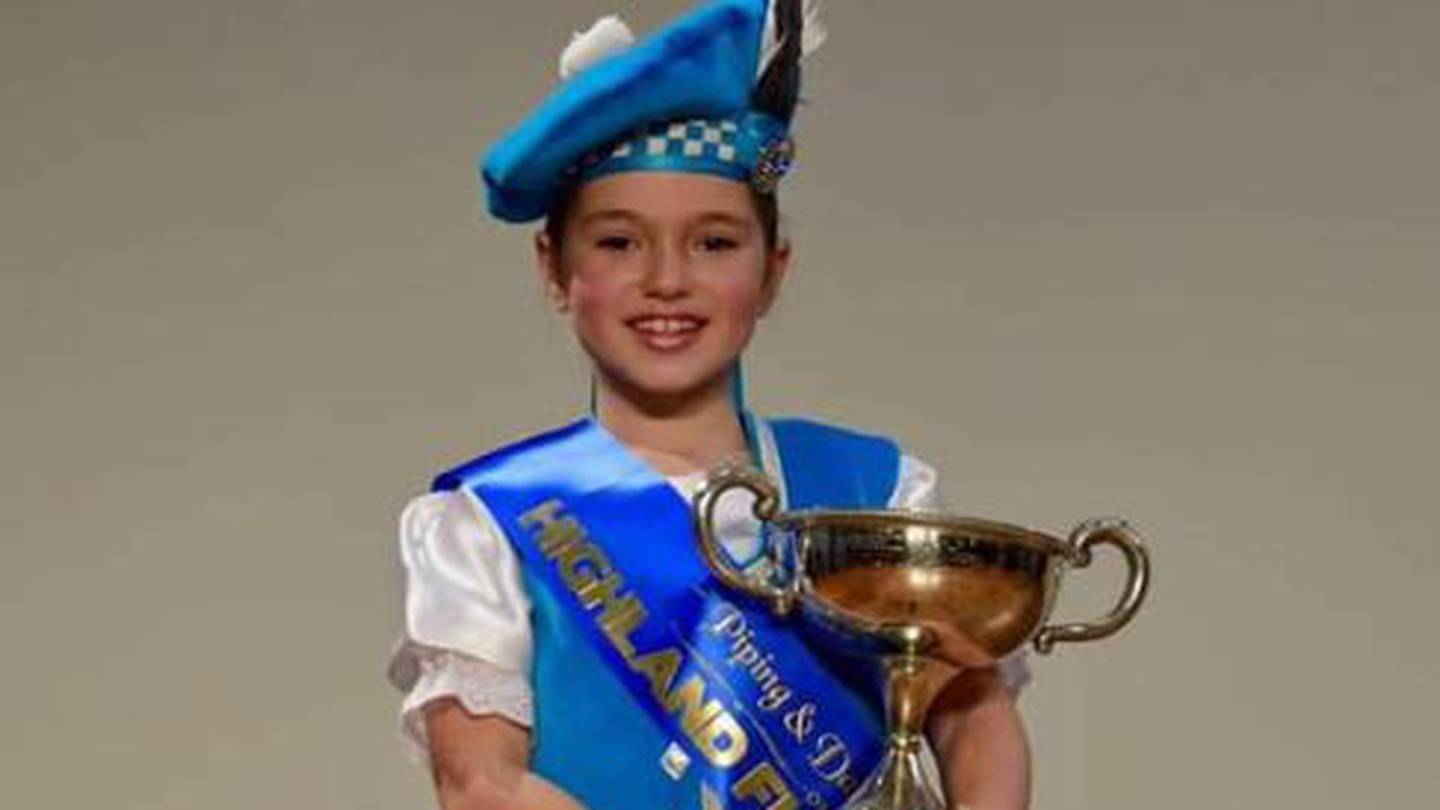
On September 26, 2019, Emily was visiting her stepfather's parents on the West Coast during the school holidays.
Her grandfather Ray Baxter told police Emily had been wanting him to take her whitebaiting all that week.
He checked the tides on the internet and took Emily with him down to the Hokitika River mouth.
Baxter stated the weather at the time was "not too bad", that he and Emily did not need to wear parkas and it was "pretty bright".
The 9-year-old was wearing gumboots that belonged to her grandmother.
Baxter told police: "I didn't think either of us needed to be in a life jacket, it wasn't too rough." As a result, he decided to leave the lifejackets in the car.
He instructed Emily to stand above the high-tide mark and to stay there. He said that she was good at following instructions.
While he used his long pole and scoop net, he kept looking over his right shoulder to check on the 9-year-old.
She stayed in the same spot about 10-15 metres away from him and about 8 metres from the shore and 2 metres above the shore.
They had only been there a very short time when Baxter suddenly heard Branje shout: "Ray."
He saw her still in the same place he had told her to be, but she was on her bottom and surrounded by water.
Baxter dropped his net and started running towards her but was knocked off his feet by a wave and went under water.
He managed to get his head above water and saw Emily still in the same place, but on her back, then floating out into the current.
He said she had managed to remove her gumboots.
Locals Mike McAuliffe and Clifton Long had arrived separately in the area that morning.
The Coroner heard McAuliffe saw Emily and Baxter 80 metres away from him get knocked off their feet by a large swell that pushed them back up the river.
He saw Baxter pushed about 10 metres into the river and Branje pushed further out into the sea.
McAuliffe saw Emily trying to swim, lying on her back with her legs kicking.
He drove down to the rock wall to get the lifebuoy.
Clifton Long, who drove down past the rocks, saw Emily on her back, treading water and looking to be in control.
He saw Baxter who looked to be in trouble and struggling and was going under.
Long ran down, stripped to his shorts and weighed up who to get first with the lifebuoy.
He could see that Emily was still on her back and Baxter was still struggling.
Baxter was closer to him than Emily so Long went to him first.
He started pulling Baxter but the current was too strong so McAuliffe and an unknown woman helped pull him to safety.
Long and McAuliffe both looked for Emily but could not see her.
At 9.43am that day, the police on-call Search and Rescue (SAR) co-ordinator was notified and a search was commenced.
Extensive aerial and land searches were undertaken by Search and Rescue. The Hokitika Rescue boat was unable to be launched due to the unsafe water conditions.
The Coroner heard any potential drift pattern that Emily may have been swept away in, was difficult to estimate, due to the conditions.
Emily's body was found two days later. She was not wearing her gumboots when she was found.
Coroner Sue Johnson said: "Emily's death is an absolute tragedy. Emily was well-loved and at the time of her death was in the care of her step-granddad whom she loved and who loved her."
She said the circumstances serve to highlight the need for Emily to have been wearing a life jacket.
"She was pulled into the sea from where she was standing on the shore. She was then carried away by the sea, she was seen on her back, treading water as she had been taught. If she had been wearing a life jacket, she would have had a chance of survival."
Johnson ruled that Baxter, excited to be taking Emily out to watch him whitebait, underestimated the conditions that day.
"For Emily's family their pain and grief are ongoing. For Mr Baxter there is also guilt, remorse and regret.
"He said "I estimate I have 20 years of this sentence to go before I die. I keep thinking I thought I had [Emily] safe, I wish I never took her."
In the ruling, it said the Coroner does not consider that recommendations are required.
"The facts speak for themselves. Emily's death is a tragic reminder that there are dangers for children around river mouths."












